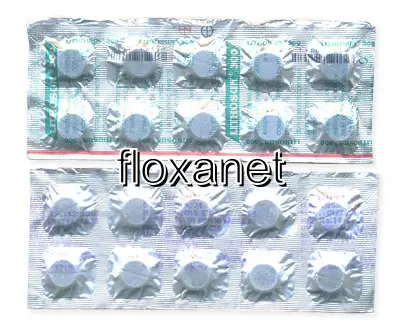Buy Lithium Online from Trusted UK Pharmacy
| Package | Dosage | Price | Price per Dose | |
|---|---|---|---|---|
| Dosage: 300mg | ||||
| 360 pill | 300mg | £277.77 | £0.77 | |
| 180 pill | 300mg | £155.34 | £0.86 | |
| 120 pill | 300mg | £118.30 | £0.99 | |
| 90 pill | 300mg | £96.70 | £1.07 | |
| 60 pill | 300mg | £72.01 | £1.19 | |
| 30 pill | 300mg | £41.14 | £1.37 | |

Lithium Description
Introduction to Lithium
Lithium is a chemical element that has been used for many years in the medical field, primarily for the treatment of mood disorders such as bipolar disorder. Its therapeutic properties help stabilize mood swings and prevent episodes of mania and depression. Lithium is often prescribed as part of a comprehensive treatment plan, which may include therapy and lifestyle changes. Its effectiveness has been well-documented, making it a vital option for many patients who require long-term management of mental health conditions.
How Lithium Works
Lithium's exact mechanism of action is not fully understood, but it is believed to influence the flow of sodium through nerve and muscle cells. This action helps regulate neurotransmitter activity and stabilize neural cell membranes. By doing so, lithium can help dampen excessive nerve activity linked with manic episodes and support the stabilization of mood states. It also has neuroprotective effects, which may help slow down cellular aging in the brain and protect against neurodegenerative processes.
Uses and Benefits
The primary use of lithium is in the treatment of bipolar disorder. It is highly effective in reducing the frequency and severity of manic episodes. Many patients also find it beneficial in preventing depressive episodes, contributing to overall mood stabilization. Beyond bipolar disorder, lithium has shown promise in reducing suicidal ideation and behavior, which is a significant benefit given the high risk of suicide associated with mood disorders. When administered correctly, lithium can help improve patients’ quality of life, allowing them to maintain better emotional balance and functionality.
Dosage and Administration
In online pharmacies, lithium is available in various dosages, usually as tablets or capsules. The prescribed dose depends on individual factors, including age, weight, severity of symptoms, and response to treatment. It is crucial that patients follow their healthcare provider's instructions carefully. Regular blood tests are necessary to monitor lithium levels, as the medication has a narrow therapeutic window. Proper dosing and monitoring help prevent toxicity, which can be life-threatening.
Potential Side Effects and Risks
Like any medication, lithium can cause side effects. Common early side effects include increased thirst, dry mouth, tremors, weight gain, and gastrointestinal discomfort. Most of these can be managed or reduced over time. However, some side effects may signal more serious issues, such as kidney problems or thyroid dysfunction. Long-term use of lithium requires regular health check-ups to monitor kidney function and thyroid levels. Toxicity is a serious concern; symptoms include confusion, vomiting, severe tremors, and unsteady gait. Immediate medical attention is essential if signs of toxicity appear.
Precautions and Considerations
Patients taking lithium should inform their healthcare providers about other medications and health conditions. Certain drugs, such as diuretics or non-steroidal anti-inflammatory drugs (NSAIDs), can interact with lithium, affecting its levels and increasing the risk of adverse effects. It is also important to maintain adequate fluid and salt intake, as dehydration or changes in electrolyte balance can impact lithium levels. Pregnant or breastfeeding women should discuss potential risks with their doctors, as lithium can affect fetal development and pass into breast milk.
Conclusion
Lithium remains a cornerstone in the treatment of bipolar disorder due to its proven efficacy and ability to prevent severe mood episodes. When used responsibly and under careful medical supervision, it can significantly improve the lives of those managing complex mental health conditions. Patients must adhere to their prescribed dosages and regular monitoring schedules to minimize risks and maximize benefits. Overall, lithium offers a valuable option for long-term mood stabilization and mental health support.
